Table of Contents[Hide][Show]
They say that the eyes are the windows to the soul.
So what is the nose?
According to the ancient Chinese practice of face reading, or “face mapping” as we call it, the nose is the window to the heart and the cardiovascular system.
Today, we’re going to be talking about pimples and large pores on the nose, and what may be causing them.
This is a common place for pimples and blackheads to show up. One of the main reasons is that the oil glands in this area—the center of the “T-zone”—are naturally very active, and can overproduce sebum (skin oil) which can lead to clogged pores. Stress, hormonal changes, and lack of sleep can all easily trigger acne on the nose, especially if you have oily or combination skin.
But there may be something else going on, too. According to ancient Chinese medicine, the face is a window to the rest of the body, with various areas thought to link up with bodily organs. The forehead, for example, as we mentioned in a previous post, is connected to digestion, the area between the brows to the liver, and the cheeks to the respiratory system.
So if the nose is connected to the cardiovascular system, what does that mean?
Where are Those Pimples and Blackheads Coming From?
In Chinese face mapping, the nose reflects the cardiovascular system, meaning acne here may signal heart-related issues. The nose, part of the oily T-zone, is prone to breakouts due to active oil glands producing excess sebum, which clogs pores. Modern science also points to other triggers, from diet to stress.
Potential Causes:
- Cardiovascular Stress: High blood pressure or cholesterol can contribute to nose acne.
- Excess Sebum: Overactive oil glands in the T-zone clog pores, causing pimples and blackheads.
- Hormonal Changes: Puberty, menstruation, or menopause boost sebum production.
- Stress: Anxiety or emotional tension increases oil production, worsening acne.
- Diet: Spicy foods, alcohol, or bad fats (saturated, trans) may trigger breakouts.
- Emotional Factors: Repressed anger, grief, or depression may manifest as nose acne.
7 Ways to Keep Your Nose Clean
Struggling with nose acne? These natural strategies, rooted in face mapping and science, help clear your skin. From heart-healthy habits to cooling foods, here’s how to tackle breakouts:
- Control Cholesterol: Cut saturated fats, eat fiber-rich fruits and veggies, and try CoQ10 to support heart health.
- Monitor Blood Pressure: Exercise, reduce stress with yoga, and use garlic or ginger to manage blood pressure.
- Stay Active: Jogging or swimming reduces inflammation, boosting circulation, per a 2014 study.
- Limit Spicy Foods: Avoid peppers if they trigger breakouts; observe your skin after spicy meals.
- Eat Cooling Foods: Add cucumbers, watermelon, or tofu to calm inflammation, per Chinese medicine.
- Boost Fatty Acids: Eat salmon, walnuts, or flaxseed to reduce acne, per a 2012 study.
- Avoid Bad Fats: Skip fried foods or processed meats; choose avocados or olive oil instead.
Our Radiant Skin Cleanser with aloe vera and rosemary oil gently removes impurities, keeping your nose clear and vibrant.
How do you deal with nose acne and redness?
If you would like to learn more on face mapping and the different parts of the face that are connected to different organs in the body, read our other posts:
Face Mapping: the Digestive System and Your Forehead
Face Mapping: the Liver and Between the Brows
Face Mapping: the Respiratory System and Your Cheeks
Face Mapping: Hormones and Your Chin
Frequently Asked Questions
What does acne on the nose mean in face mapping?
In Chinese face mapping, nose acne is linked to the cardiovascular system, potentially indicating high blood pressure, cholesterol, or stress. Digestive issues, hormones, or sinus conditions may also contribute, per modern science.
Why do I get acne inside my nose?
Acne inside the nose can stem from ingrown hairs (from plucking), sinusitis, or allergies causing inflammation. Use a saline rinse and avoid harsh hair removal to reduce it.
Can diet cause nose acne?
Yes, spicy foods, alcohol, or bad fats (saturated, trans) can trigger nose acne. Cooling foods like cucumbers or omega-3-rich salmon can help calm inflammation.
How can I prevent nose acne naturally?
Use non-comedogenic products like our Radiant Skin Cleanser, reduce stress, eat cooling foods, and exercise regularly to support heart and skin health. Always remove makeup thoroughly.
Sources
NCBI – Effects of fish oil supplementation on inflammatory acne
Bottom Line Inc – Yin-Fang Foods That Make You Feel Better
NCBI – Effects of physical exercise on inflammatory markers of atherosclerosis
The Journal of Strength and Conditioning Research – Effects of Nonlinear Resistance and Aerobic Interval Training on Cytokines and Insulin Resistance in Sedentary Men Who Are Obese
Say… Why Do I? – Spot positions, Acne Locations and Chinese face mapping
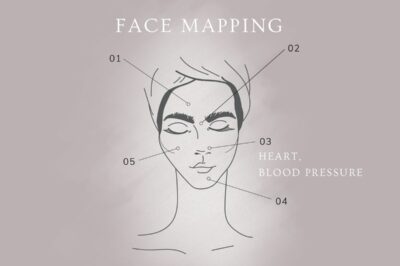

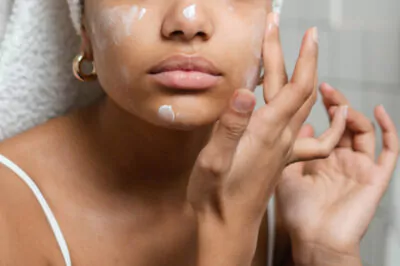

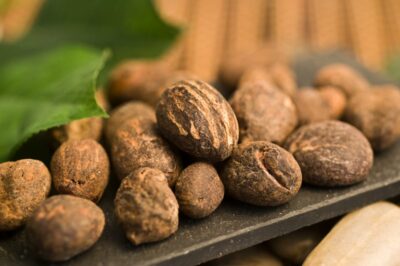
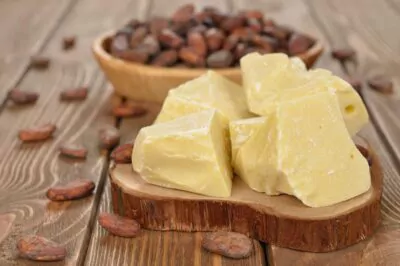
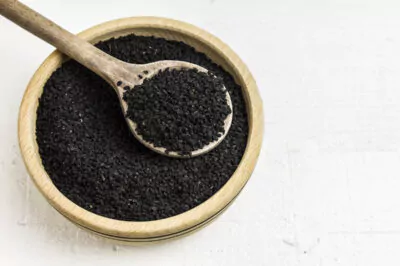
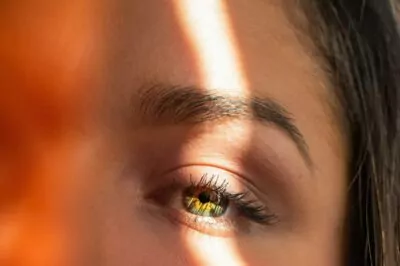
Leave a Reply